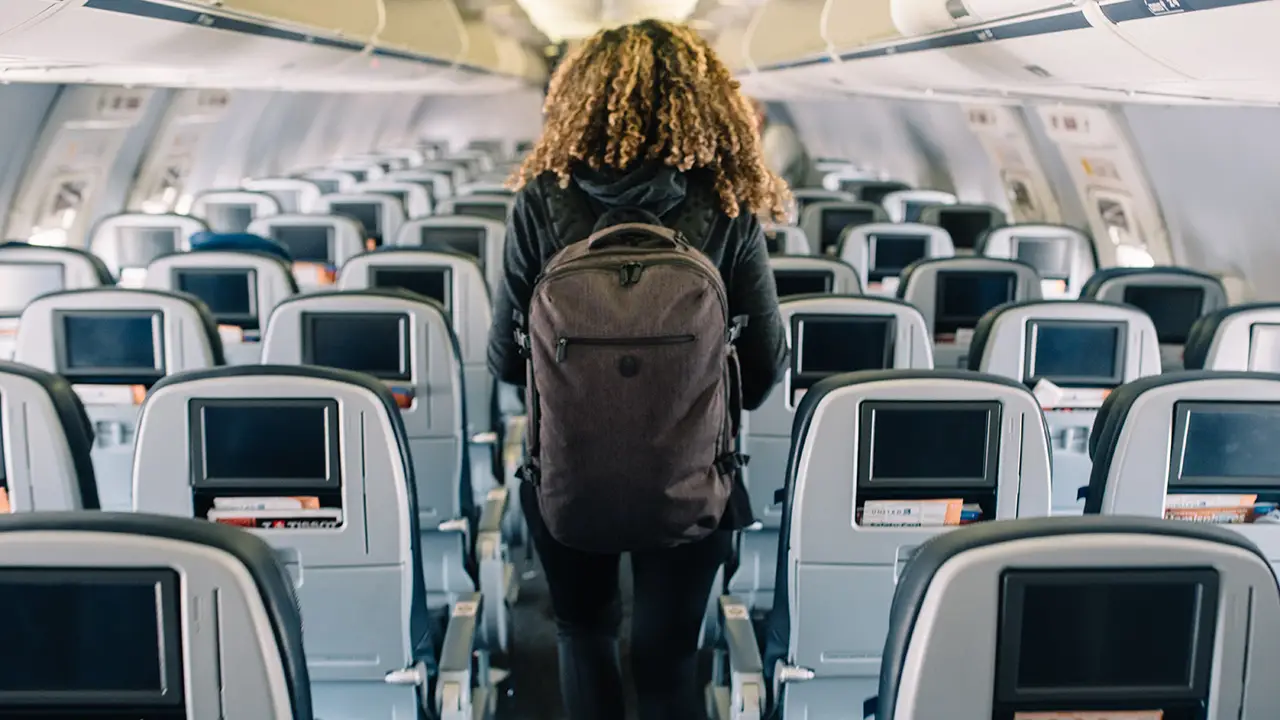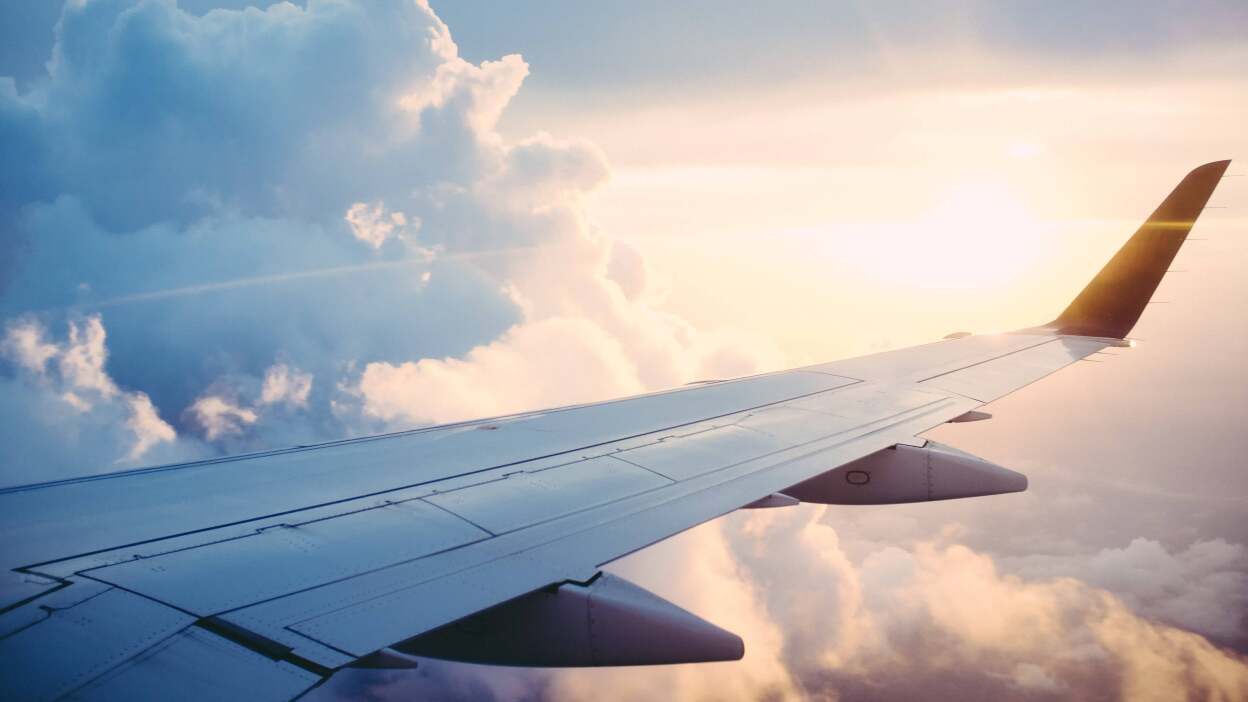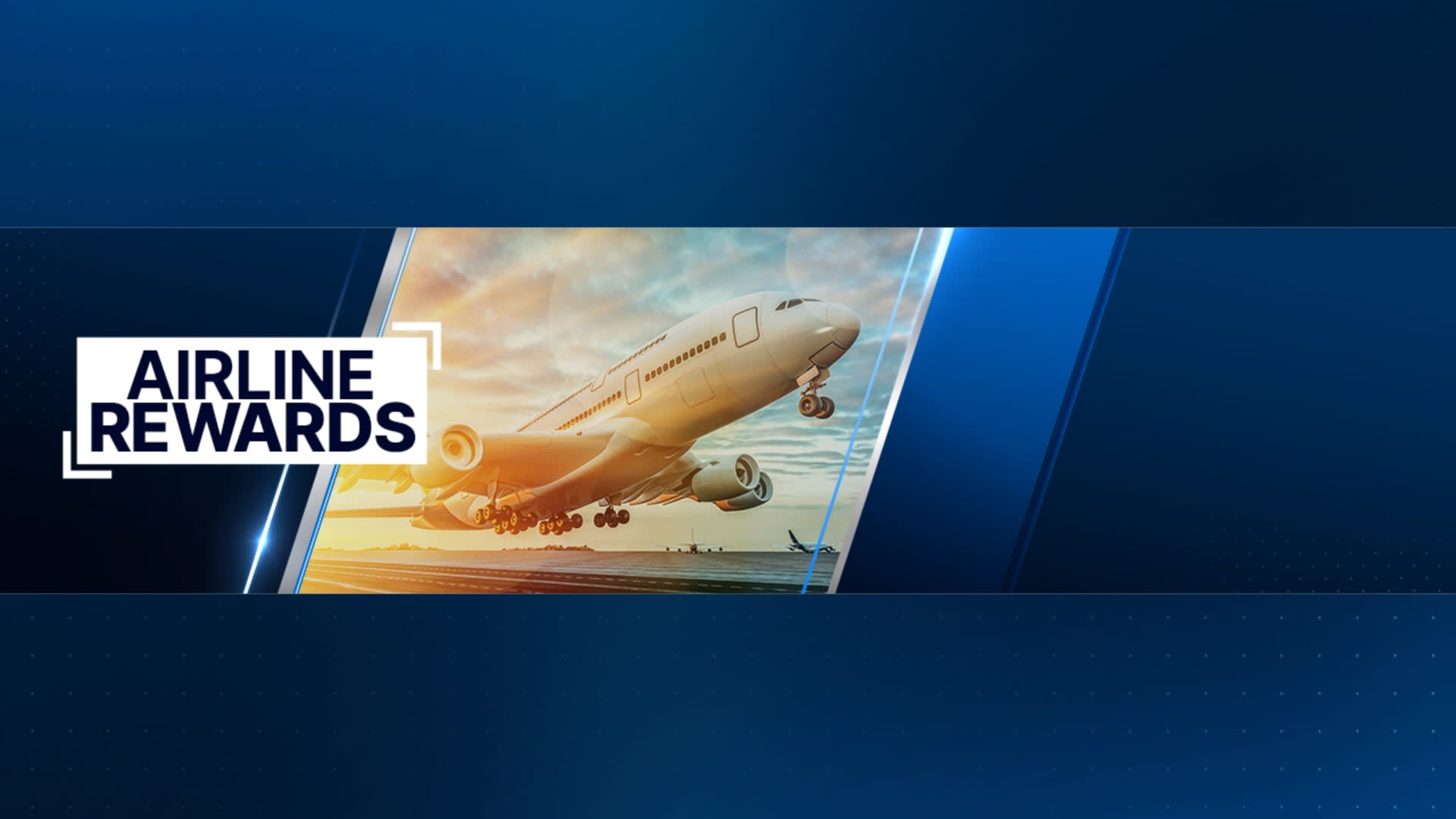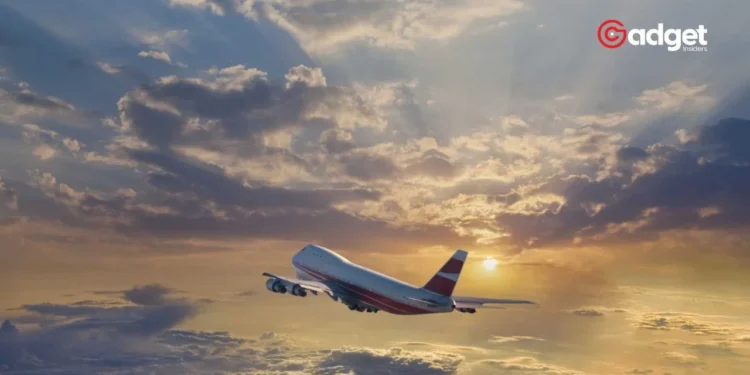In an era where travel rewards entice consumers to swipe their credit cards more frequently, the Biden administration has intensified its focus on regulating what it deems deceptive practices in the airline credit card industry. This scrutiny forms part of a broader initiative targeting unnecessary “junk” fees that often plague consumers.
As travelers stash away airline miles, the government questions the true cost of these perks.

The Spotlight on Financial Prudence: A Deeper Look at Airline Credit Cards
During a revealing hearing last Thursday, the Consumer Financial Protection Bureau (CFPB) unleashed a report that criticized the opaque nature of airline credit cards. The report and the subsequent hearing underscore a governmental push to illuminate the often misunderstood aspects of credit card fees associated with travel benefits.
Rohit Chopra, Director of the CFPB, emphasized the shift in focus: “More recently, we’ve seen credit card rewards taking center stage in the industry’s marketing campaigns, particularly in the form of frequent flyer miles and other proprietary points programs,” highlighting the aggressive marketing strategies employed by major airlines.

Decoding the Economics of Loyalty: The Financial Backbone of Airline Revenue
The involvement of major U.S. airlines in credit card partnerships is more than a sideline to their main business. These alliances form a significant part of their revenue streams. Recent data reveals startling figures:
- Delta Air Lines boasted a hefty $6.9 billion from its credit card affiliations.
- American Airlines followed with $5.2 billion.
- United Airlines, Southwest Airlines, Alaska Airlines, and JetBlue Airways collectively contributed several billion more.
This trend is notable, especially when considering the substantial returns on investment these loyalty programs yield compared to the basic provision of flights.
The CFPB’s report points out that “the share of revenue generated by loyalty programs for the biggest U.S. airlines increased from 12 percent in 2019 to 16 percent two years later,” a testament to the financial weight these programs carry.
It's not just airlines. Reduced service, junk fees, treating workers badly, treating customers badly, paying more & getting less – corporations are getting morbidly rich while decreasing the quality of your life.pic.twitter.com/Ul9lq3objs
— Mrs. Ŵest 🌹 (@themrswest) May 10, 2024
Consumer Autonomy in Question: The Power of Choice Versus the Illusion of Benefits
Airlines for America, a prominent trade group, has responded to these allegations by asserting that consumers retain the ultimate power of choice. This statement suggests a marketplace rich with options for both carriers and credit cards.
However, the underlying implication of the CFPB’s scrutiny is that consumers might be swayed by lofty promises of free flights and upgrades, which may not always align with their best financial interests.

A Call for Clarity and Consumer Empowerment
As the Biden administration continues its vigilant oversight of airline credit card practices, the call for transparency grows louder. The entanglement of significant revenues from loyalty programs with the allure of travel perks presents a complex scenario for consumers navigating their choices.
With this regulatory spotlight, the hope is to empower consumers to make informed decisions that truly benefit their financial and travel aspirations. In the landscape of travel and financial choices, the balance between enticing rewards and true value remains a pivotal challenge—one that the current administration is eager to address.
As this narrative unfolds, the impact on consumers and the airline industry will be closely monitored, promising a potentially new flight path toward consumer empowerment and financial transparency.









